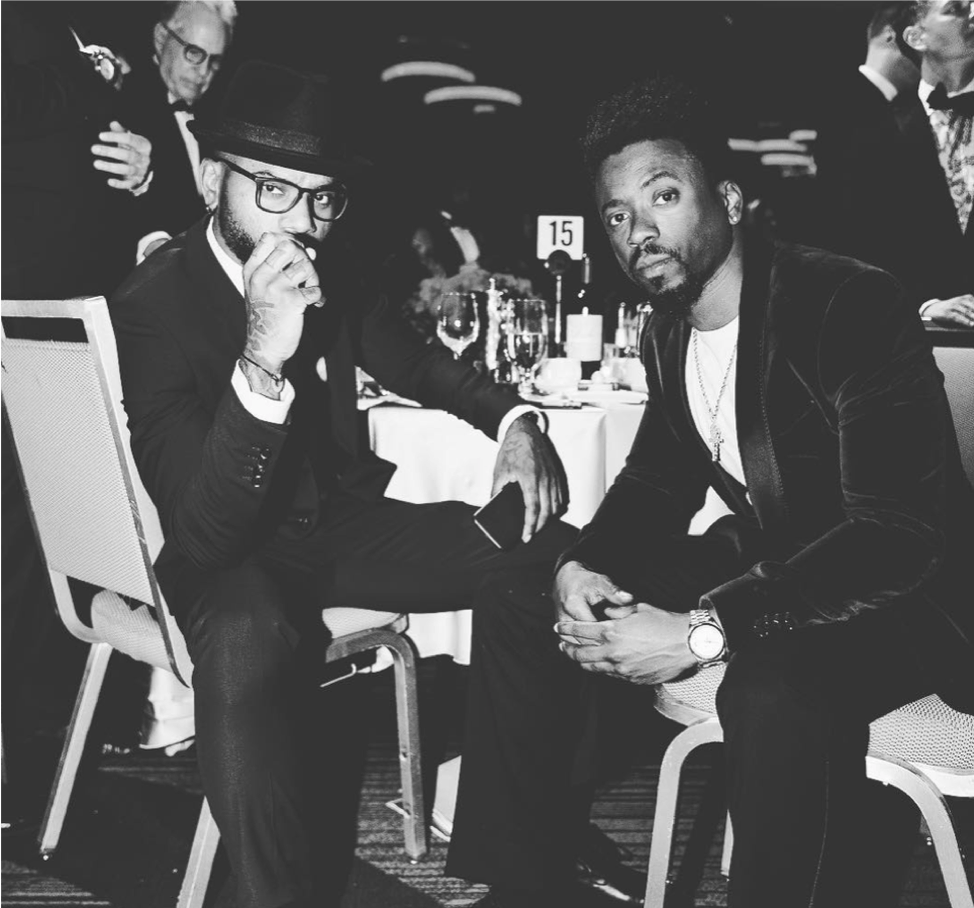
Contrary to popular belief, entrepreneurship is not as prominent among millennials as the public opinion may assume, due to the rise of superstar entrepreneurs like Mark Zuckerberg, Evan Spiegel, Brian Chesky, John Zimmer, and even music tycoon and Spotify founder Daniel Ek. In a study done in 2014, the U.S. Small Business Administration reported that only about 2% of millennials were self-employed. In a study done by The Kauffman Foundation the past decade, it was reported that the average age of an entrepreneur was 40 years old and that 75% of entrepreneurs worked for a company for more than 6 years before venturing out on their own. What these statistics show is that entrepreneurship is not the game of dropping out of college and creating a unicorn tech enterprise, but often the slow and steady race of building up job experience and a reputation before taking the leap of faith.
However, increasingly entrepreneurship is growing in the music industry. Besides the rise in independent artists and companies like EMPIRE that support them, young professionals on the business side are also stepping out on their own. For Neil Dominique, artist manager of acts like Bryson Tiller, Pardison Fontaine, and Ryan Trey as well as a label owner for his own company #JUSTAREGULARDAY, his journey in the music business started out as working for one of its most successful entrepreneurs to this day, Sean “Diddy” Combs. Through his work at Diddy’s channel, REVOLT, Dominique was able to get key experience in the music business. “I wore various hats there but towards the end of my time there I was focusing on building REVOLT TV as someone responsible for making sure the network and artist relationship were the strongest. Then I shifted into programing with REVOLT LIVE, and making sure the full mission and dream of Sean Combs were executed daily.” Over time, however, Dominique felt the pull of working for himself. He notes, “my reason for leaving was I felt I needed to grow. I was blessed with a great opportunity to chase something I always dreamt about. I felt that if I didn’t I would be put in a box where I wouldn’t fully be able to be as creative as I wanted to be.”
Having gone on to be a key player in the career of a GRAMMY-nominated and platinum-selling artist, as well as guiding the careers of others, Dominique recognizes the immense advantages of going out on your own. He remarks on one major advantage saying, “honestly…not having to wait for anything! If you come up with a great idea you don’t have to wait for any approvals. You just make it happen.” He continued saying, “before I was on my own I would sometimes find myself bringing things to the table and I would be always told ‘this isn’t going to work’. I hate to hear that, but love proving people wrong even more.”
Below a couple other millennials speak about the reasons for leaving a traditional corporate environment at record labels, agencies, and more to work for themselves:
Freedom of Creativity
Sophie Galaté, Creative Partner for The Nucleus creative agency and music manager for Soulection co-founder Andre Power speaks on how the desire for creativity became a major impetus for leaving ICM Partners and starting her own business. She states, “I have always been more creative, growing up as a singer/musician, and wanted to work more freelance and creating stuff on my own. I wanted to work in a more collaborative environment where I could utilize my creative skills.” She goes on to speak about the importance of honing her skills at ICM before stepping out on her own noting, “I took my knowledge of the workforce and the professionalism I gained at ICM to go on and work with people and artists that I truly loved and was a fan of.” She adds, “many of the things I learned at ICM prepared me to work on my own and I am super grateful for that.” Flexibility in Schedule Brando, a freelance art director who has contributed to creative direction for artists like THEY and SAINt JHN comments on how his experience working at a record label as an art director was initially very fulfilling. He notes, “It was very much a start-up atmosphere; we worked in a tiny room for free for a whole year before partnering with one of the 3 majors.” However, restrictions in time became a reason he decided to leave. “I chose to leave the music industry to have more time to travel and paint. The past year being on my own being able to create freely and experience the world outside of the LA entertainment bubble has been enough refreshment to shape the rest of my life.” He concludes by saying, “Now on my own with no restrictions I work when I want to, make 3 times more money and my clientele is a higher tier – much of that I credit to my agents at Everybodyneedsus.”
Freedom of Politics
For Kevin Storey, talent manager and strategist for Mau Mau Creative Co., his tenure at a record label was winding down due to recognizing other factors that would affect his upward mobility in the company. “In corporate, and in the world, how you’re perceived is equally as important to the work you do. Archetypes and narrative def plays a part in how far you can climb up the ladder, meaning, certain people (and personalities) are preferred to fill certain roles. It goes unsaid but race and gender play a part as well.” Storey maintains his gratitude in the opportunity though saying, “my senior management team provided me with an amazing opportunity and many resources, some of which I still benefit from today. I was given the space to make mistakes and I made plenty.” Freedom of Fear Adrienne Reed, CEO of Hamba, LLC reminisces on when she was working in finance and increasingly had trouble sleeping due to the anxiety of being at a job where she felt she had to shrink herself. However, she notes the difficulty she had leaving. “I overstayed. I knew it wasn’t for me but as a millennial raised in a fear based environment, with a preexisting medical condition, I couldn’t seem to muster up the courage to leave this damaging relationship.”She tried to find another corporate job but it just wasn’t coming together, she explains, because it wasn’t meant to be. Malachi Fuller of Hyyer Creative Consulting Group, LLC adds how even with entrepreneurship, there’s a constant consciousness around staying afloat and moving past mental roadblocks saying, “The work sometimes is unpredictable and can slow down or dry up, especially when I first started out. I had to build a client base.” Nevertheless, Andrew Spalter of East Goes Global proclaims that in the end the uncertainty with hard work and vision can manifest into invaluable rewards. “No pressure, no diamonds. If you take that leap and break through your mental and physical wall, you’ll never look back. Freedom of Priorities Illiana Thomas, Co-Founder of The Nucleus Creative Agency experienced a unique set of circumstances when she had to initially leave a talent agency job due to unexpectedly losing two parents and taking custody of a teenage child. “That’s what really pushed me to jump and try what it is I really want to do after being there for 3 years and having that traumatic time where I had to make a decision.” She adds, “there’s no way I can work 12 hours/day and raise a kid. I had to decide the quality of life for myself and the person looking to me to guide them. That’s what forced me to be ok with stepping away.” Within the first 3 months of working for herself, Thomas earned three times as much money as she was making at her previous job. Eventually stepping out on her own would lead her to opportunities such as tour management (BJ the Chicago Kid, Ro James, Kodie Shane) and at one point being a day to day manager for Jessie J as well as her current projects which include working as a production coordinator for Tanisha Scott (Creative Director for clients such as Cardi B and H.E.R.), event curation and consulting for The 27 Brand, and artist development for acts such as Gene Noble, Rome Castille, and JimiJames.

